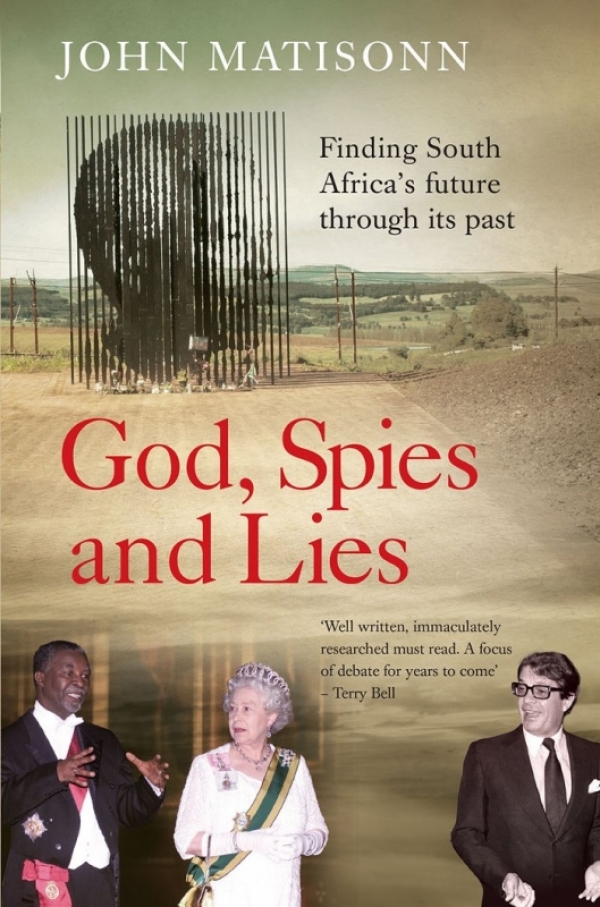Sunday Times editor ‘was a spy’

One of the most successful agents of the apartheid state was the editor in chief of the country’s leading Sunday newspaper, the Sunday Times. This claim is contained in a book by veteran journalist John Matisonn to be released this week.
Matisonn produces solid evidence in his book, God, Spies and Lies, to show that Tertius Myburgh, editor of the Sunday Times from 1975 to 1990 was a willing and knowing agent of the apartheid state. He was not a paid spy, although he acted as a full time agent. He was, as Matisonn says, “an unpaid flunky more effective than any paid snoop”, his motivation probably ideological or for personal advancement.
This is one of the areas that Matisonn touches on in an impressively researched tome that is, essentially, a journalistic perambulation through South Africa’s recent history. Possibly to the chagrin of many present members of the Democratic Alliance and of the former Progressive Party in its various forms, Matisonn also reveals the less than savoury role played by Anglo American chief, Harry Oppenheimer in the closure of the liberal Rand Daily Mail.
But the book also brings to the forefront the largely forgotten contribution to the country made by black editors and journalists of a century and more ago. Matisonn worked with Charles Bloomberg, the investigative reporter who was a confidant of Nelson Mandela and who first exposed the operations of the Afrikaner Broederbond. The book is partly a tribute to this largely forgotten journalist who made it his life’s work to understand, expose and undermine the power of the Broederbond.
But God, Spies and Lies is, above all, a personal journey through recent history from the perspective of journalism, providing an alternative historical narrative that, while often controversial, shows up the shallowness of so many dominant narratives. In this, Matisonn’s tome shares a space with the recent — and again personal — histories penned by uMkhonto we Sizwe veterans Stanley Manong and James Ngculu.
Both Manong’s If We Must Die and Ngculu’s An Honour to Serve deal with their lives and sometimes extremely trying times as members of the “1976 generation” who left the country to fight for liberation.
Support independent journalism
Donate using Payfast

Don't miss out on the latest news
We respect your privacy, and promise we won't spam you.
Next: Money for TB research is shrinking while millions die
Previous: One thousand homes destroyed in Masiphumelele fire

This article is licensed under a Creative Commons Attribution-NoDerivatives 4.0 International License.
